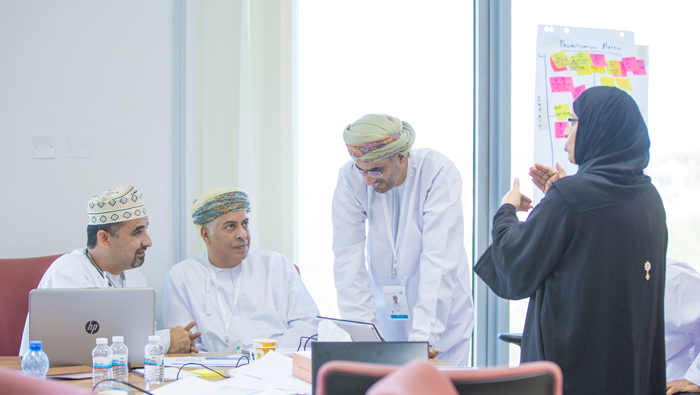
Muscat: The fisheries sector has been accorded great care by the government as it is one of the promising sectors for economic diversification programme.
This is due to the fact that the sector has great potential and can contribute to enhancing food security, availing job opportunities for Omanis and maximising its contribution to the GDP.
The fisheries labs, which were supervised by the Ministry of Agriculture and Fisheries and supported by the Implementation Support Unit of Tanfeedh, discussed involving the private sector and ensuring the required support of the government for this sector which plays a very important role in ensuring food security in the Sultanate.
The six-week long panel discussions from September 17 to November 26 have diagnosed the challenges, identified possible solutions, set the prioritised initiatives and projects and developed the timetables for implementation, as well as the cost of the same.
91 initiatives
The fisheries sector laboratories came out with 91 initiatives that cover the three main areas namely the fish farming, fishing and added value industries and fish exports.
The private sector expressed its readiness to finance 93% of the projects and initiatives, whose cost was estimated at about OMR1 billion. The government will provide some infrastructure and facilities.
These initiatives and projects are expected to contribute by about OMR556 million, which triples the contribution of the sector to the GDP to OMR781 million in 2023. Upon completion, the initiatives and projects that have been approved at the laboratories will avail about 8,000 direct job opportunities for Omanis in 2023.
As part of the third step of the fisheries lab, the Ministry of Agriculture and Fisheries organised open meetings between November 1 and 16 to present the outcomes of the labs to fishermen, members of the sea traditions committees, members of the municipal councils, relative public and private organisations, students and academicians at the various costal wilayats .